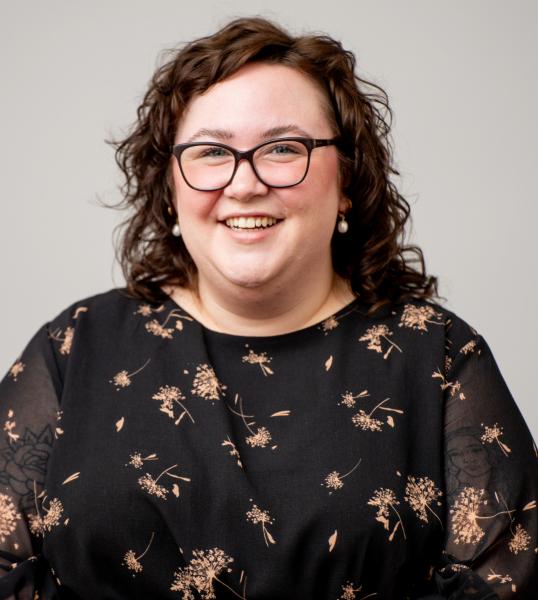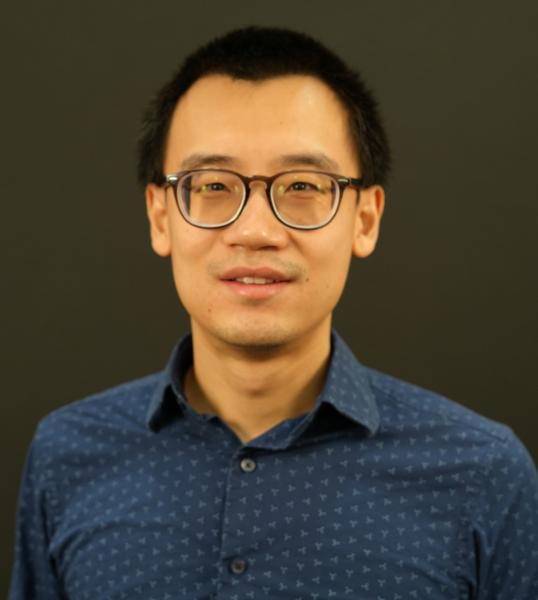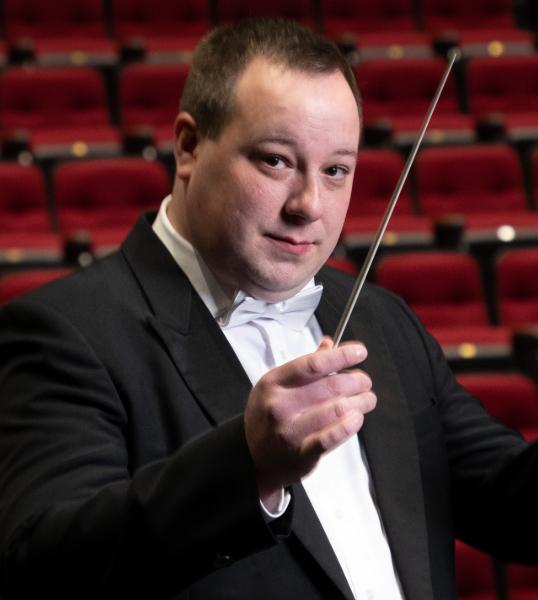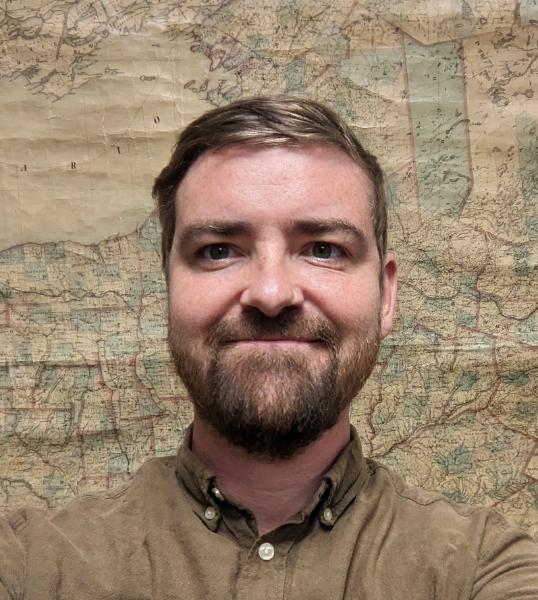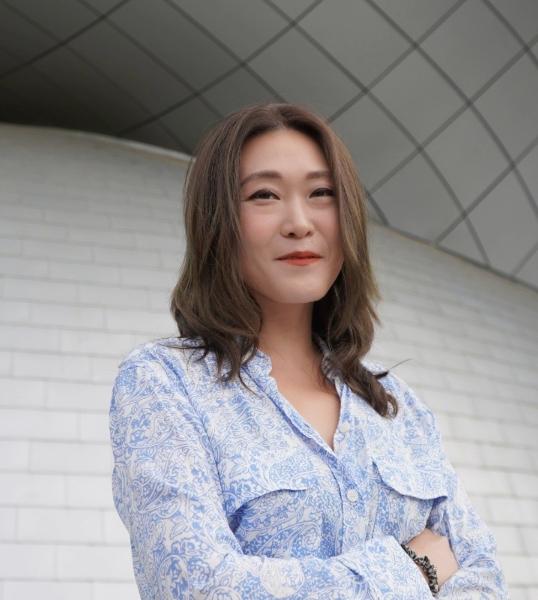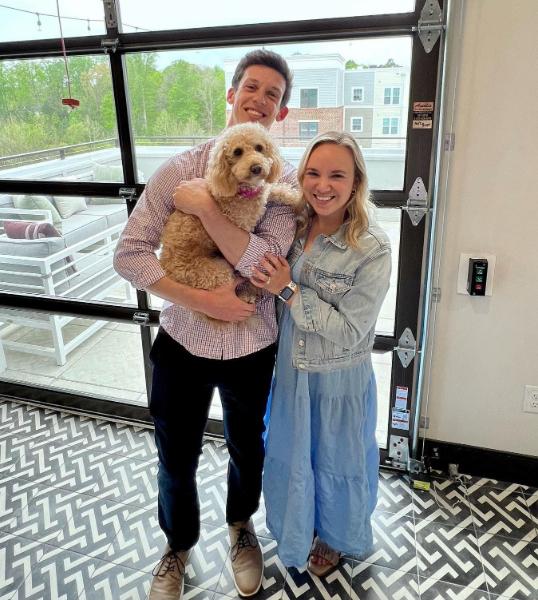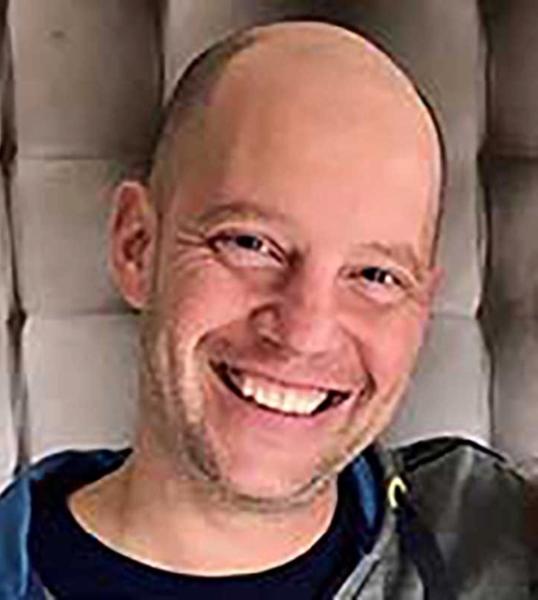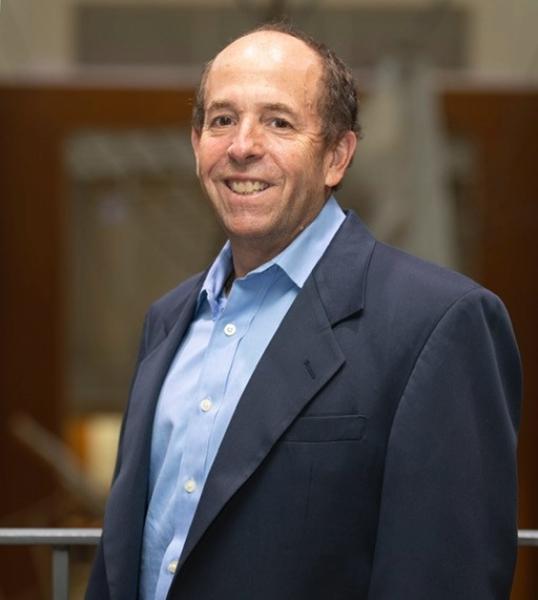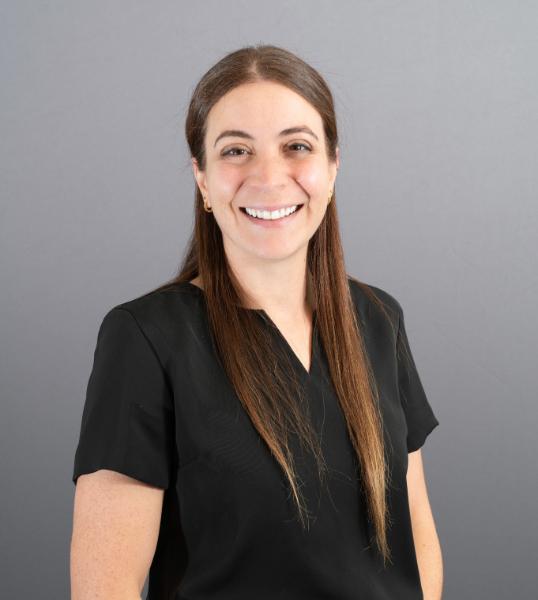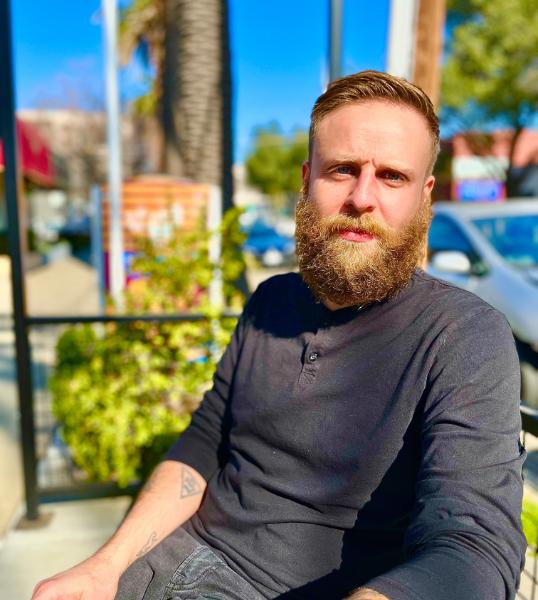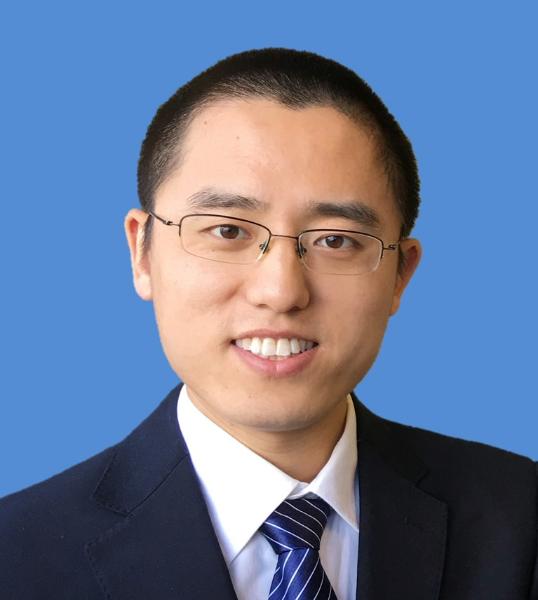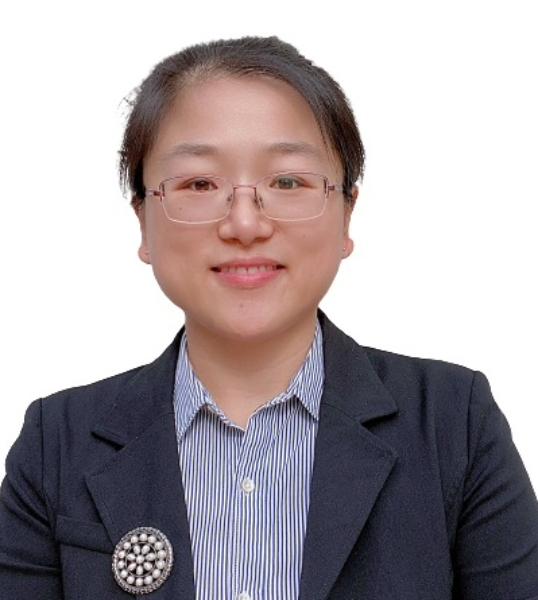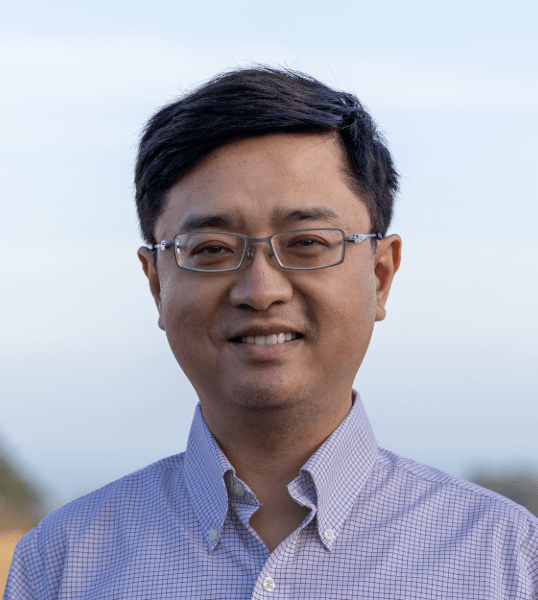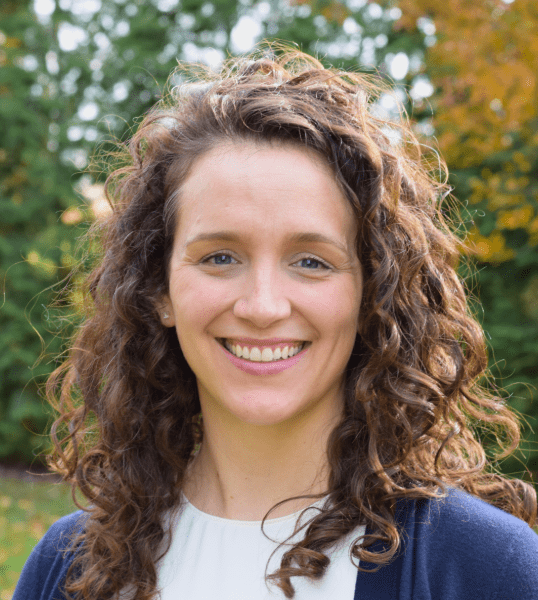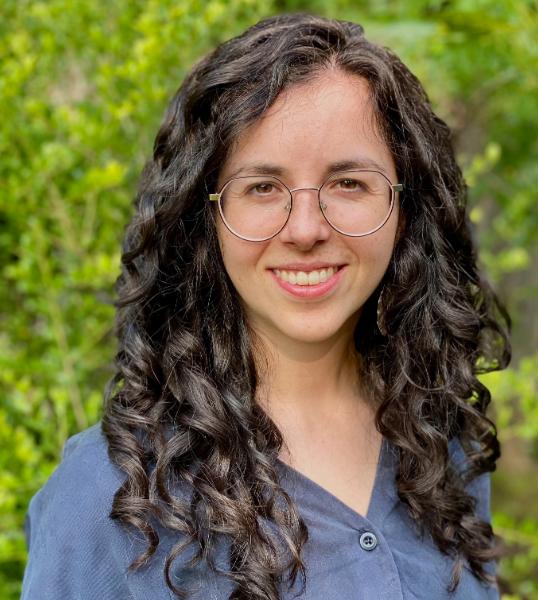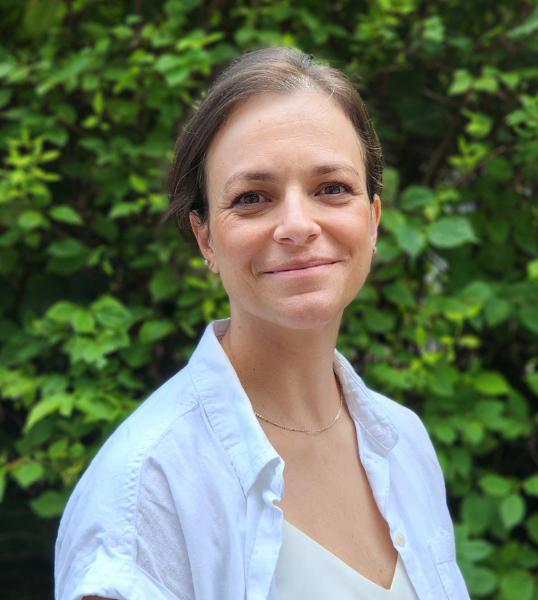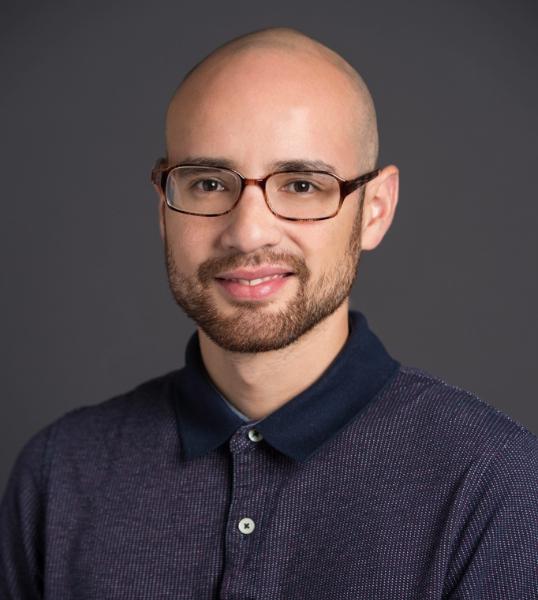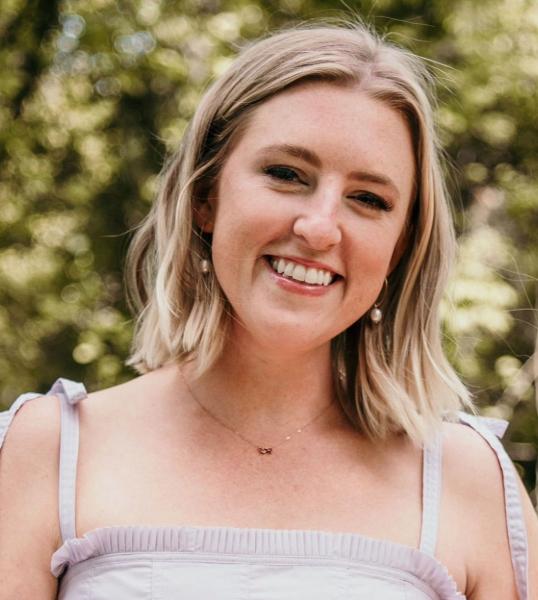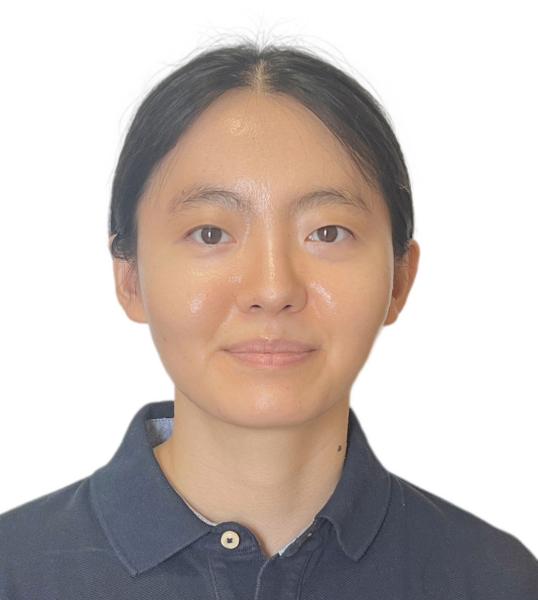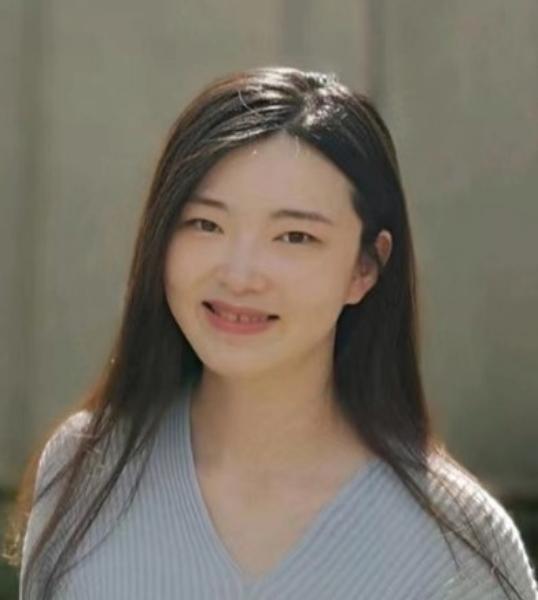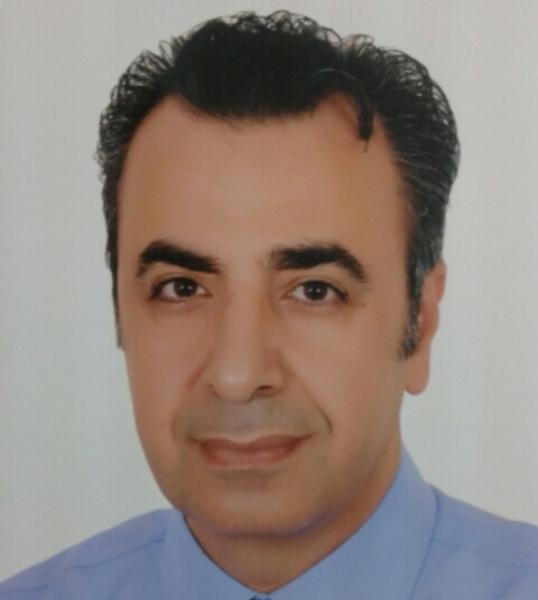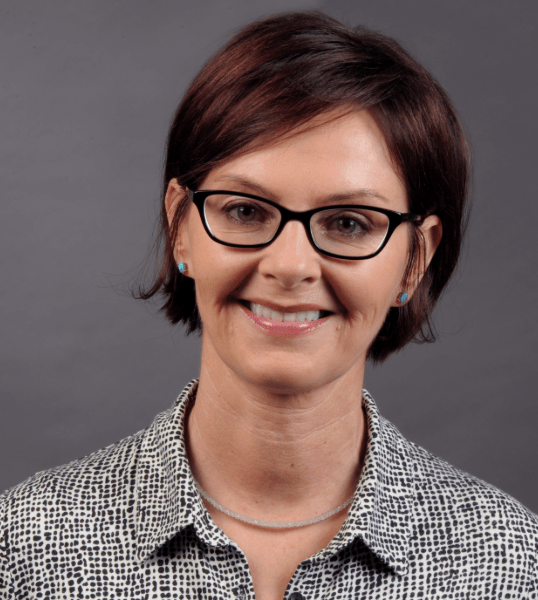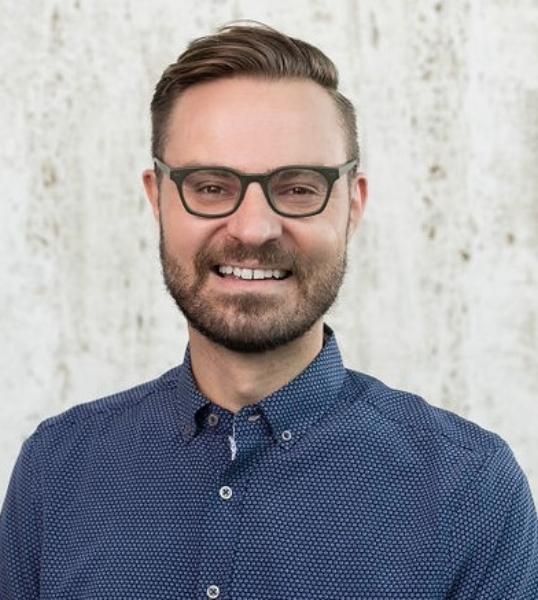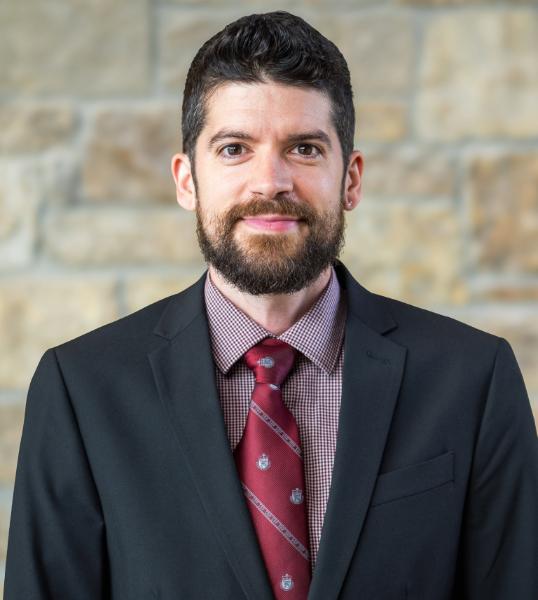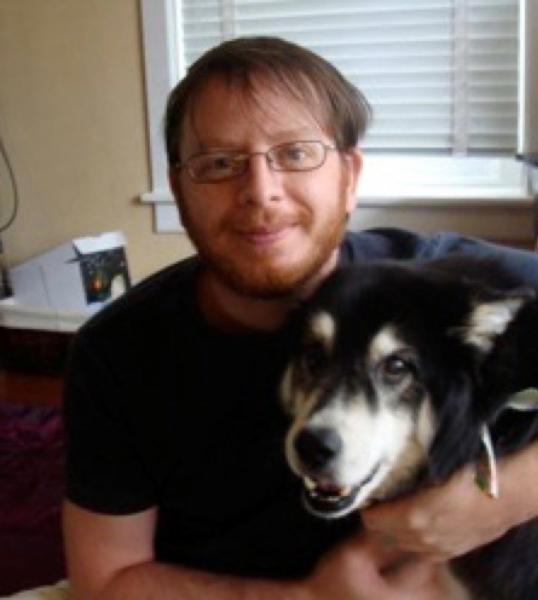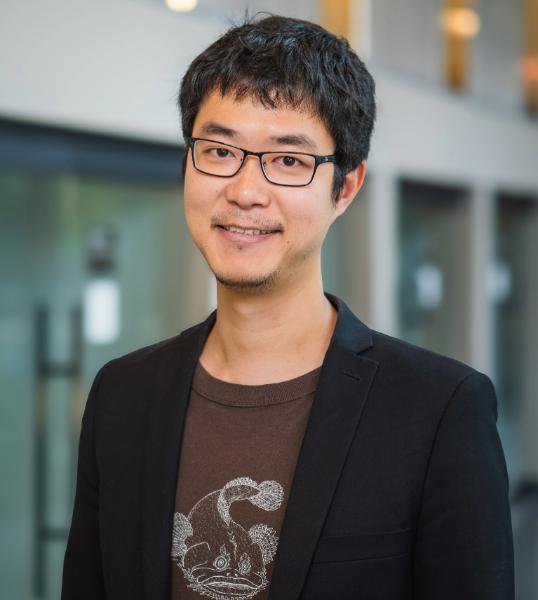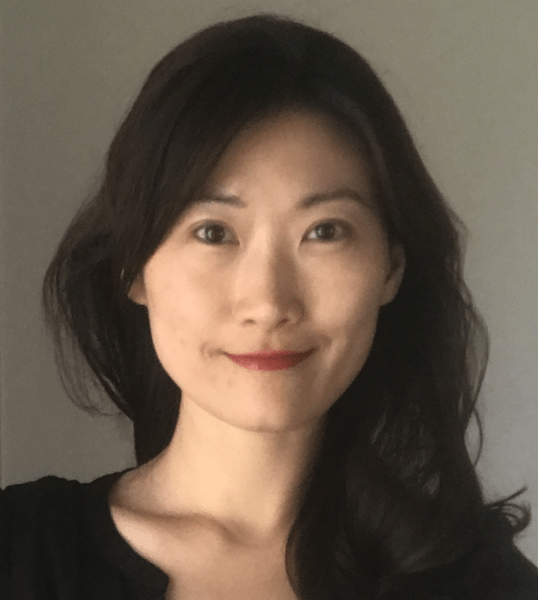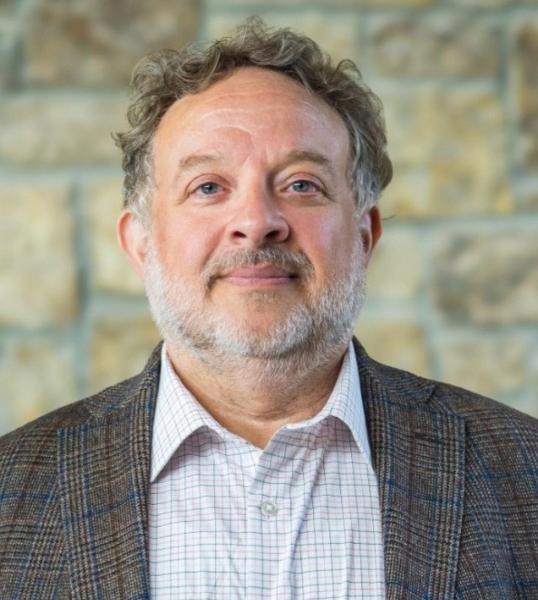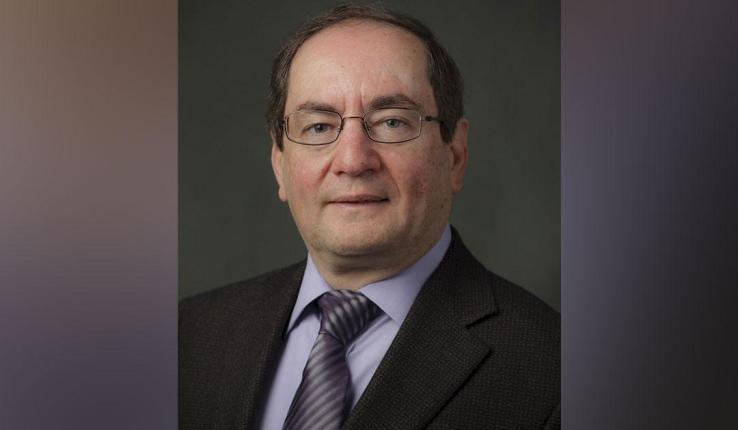What are your research interests?
The overall goal of my lab is to uncover the molecular and cellular mechanisms that ensure the production of healthy eggs, a key component of successful sexual reproduction. Infertility affects about one in six adults globally, with women being more vulnerable due to the sharp decline in egg quality with age. In humans, all oocytes—the precursors to eggs—are produced in the ovaries of a developing fetus and can remain dormant for up to 50 years until hormonal cycles trigger them to resume meiosis. Meiosis is a unique and lengthy form of cell division where an oocyte reduces its genome by half to create a haploid egg. Errors in meiosis can have severe consequences, including incorrect genome content in eggs, resulting in pregnancy loss or birth defects. Thus, defective meiotic cells must be eliminated as part of a quality control process. Recent breakthroughs suggest that the nuclear envelope of oocytes plays a key role in this process. Using the powerful nematode C. elegans as a model system, we aim to elucidate how the dynamic nuclear envelope detects and responds to meiotic errors to promote quality control in developing oocytes. Using a combination of experimental approaches, we anticipate that our findings will shed light on a conserved pathway that ensures oocyte quality and could lead to therapeutic strategies to improve reproductive health.
What classes are you teaching at Lehigh?
BIOS397 & BIOS431 (#Meiosis4Ever: Frontiers in Reproductive Cell Biology); BIOS421 (Molecular and Cell Biology I); and eventually, BIOS367 (Cell Biology).
What degrees do you hold and where did you earn them?
- Postdoc, University of California, Berkeley
- Ph.D., Columbia University
- B.S. University of Science and Technology of China.
What was your previous institution?
University of California, Berkeley.
What do you enjoy most about teaching?
Having been a teacher and a mentor, both as a grad student and as a postdoc, I firmly believe in the pivotal role that inclusive and supportive teaching and mentoring play in empowering self-motivated, active learning. I believe in the tremendous impacts teaching has in promoting the understanding of science and the scientific method among a broad audience, and the equally tremendous roles it plays in advancing a scientist's own research by actively engaging in stimulating discussions with people from diverse backgrounds. After all, "by teaching, we learn.”
Why did you choose Lehigh?
As an undergraduate student in China, I was captivated by the microtubule cytoskeleton after reading a textbook co-authored by Lynne Cassimeris, Professor Emeritus at Lehigh University. I have been in love with cell biology ever since. It feels both surreal and incredibly humbling to now come full circle, launching my own independent cell biology research program as a tenure-track Assistant Professor at Lehigh, an institution renowned for its world-class interdisciplinary research.



